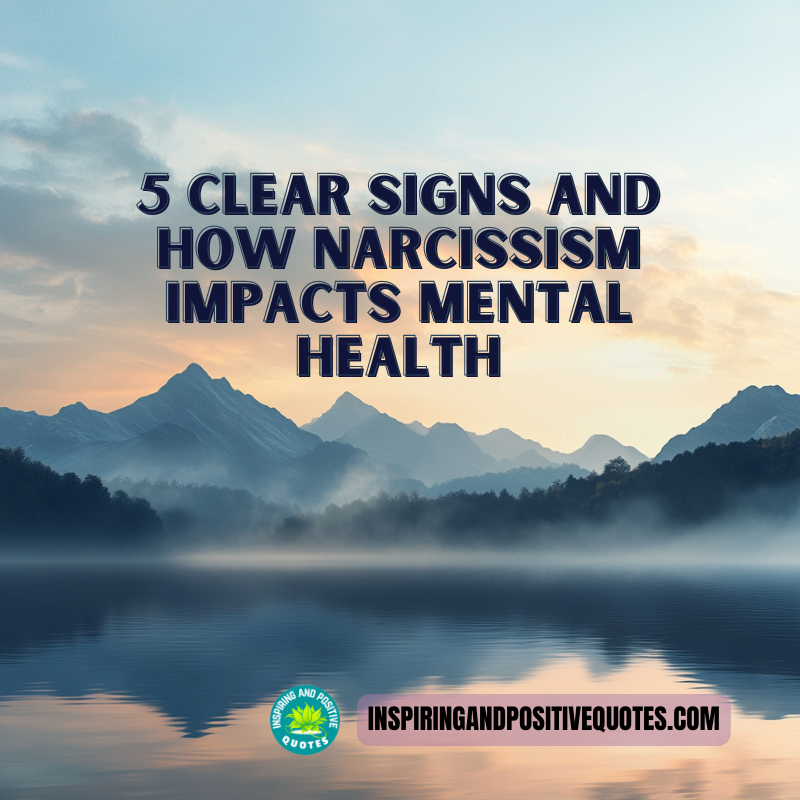Introduction
Being in a relationship with a narcissist can leave deep emotional scars. Post Narcissist Stress Disorder (PNSD) is a condition that some people experience after enduring narcissistic abuse. It’s similar to Post-Traumatic Stress Disorder (PTSD), but specifically related to the trauma caused by a narcissist. The emotional pain, confusion, and stress from such a relationship can linger long after it ends. Understanding the signs of PNSD is the first step in recognizing the impact of narcissistic abuse and starting the healing process.

1. Constant Worry and Anxiety
Feeling constantly worried or anxious is a common sign of Post Narcissist Stress Disorder (PNSD). After dealing with a narcissist, people often become very aware of their surroundings. They might feel like something bad is always about to happen. This can make it hard for them to relax and feel safe, even in their own home.
This anxiety can spill over into everyday life. The person might struggle to focus at work or find it difficult to enjoy time with family and friends. They may always feel like they need to be on guard, trying to prevent problems before they occur. Over time, this worry can lead to physical symptoms, like headaches or trouble sleeping, which makes them feel even worse.

Living with constant anxiety is exhausting. It drains energy and makes it hard to find joy in life. Simple tasks that were once easy may now feel overwhelming. It’s important to recognize these feelings and seek help to start the journey toward feeling safe and calm again.
2. Struggling with Self-Doubt
People who have been in a relationship with a narcissist often struggle with self-doubt. Narcissists can make their victims feel worthless by constantly criticizing them or making them question their reality. Over time, this can lead to very low self-esteem, where the person doesn’t believe in themselves or their abilities.
This lack of confidence affects every part of life. The person might be afraid to take on new challenges or make decisions because they don’t trust themselves. They might also feel unworthy of love or kindness, believing that they don’t deserve happiness or success. This self-doubt can hold them back from moving forward and achieving their goals.

Living with self-doubt is very painful. It can make the future seem bleak and stop the person from reaching their full potential. Rebuilding confidence and self-esteem takes time, but it’s possible with the right support and encouragement.
3. Difficulty Trusting Others
After experiencing manipulation by a narcissist, it’s common for people to have difficulty trusting others. They might become suspicious of everyone’s intentions, constantly worrying that someone will try to hurt or take advantage of them again. This can make it hard to form new friendships or maintain existing ones.
This lack of trust can lead to isolation. The person might avoid social situations or push people away, even those who genuinely care about them. They might feel safer being alone rather than risking more pain. However, this can lead to loneliness, making them feel even more cut off from the world.

Rebuilding trust is a slow process. It’s okay to take small steps, gradually allowing others to get close again. Over time, with patience and the right support, it’s possible to form healthy, trusting relationships that can bring joy and connection back into life.
4. Reliving the Trauma
For people with PNSD, reliving the trauma can be a big challenge. They might experience flashbacks or intrusive thoughts that bring them back to painful memories of the narcissistic abuse. These flashbacks can be triggered by something small, like a word or a place, making the person feel like they are right back in that hurtful situation.
These memories can be very distressing and hard to control. They can disrupt daily life, making it difficult to focus on anything else. The person might feel overwhelmed by the emotions these flashbacks bring, such as fear, sadness, or anger. It’s like the trauma is happening all over again, even though it’s in the past.

Dealing with these flashbacks requires understanding and coping strategies. Therapy, mindfulness, or other techniques can help manage these difficult memories. It’s important to find ways to regain control and start moving forward, leaving the trauma behind.
5. Feeling Emotionally Numb
Sometimes, to cope with the pain of narcissistic abuse, people might shut down emotionally. They might feel numb or disconnected from their feelings, as if they are on autopilot. This emotional numbness can make it hard for them to feel joy, love, or even sadness.
This detachment can affect their relationships. They might struggle to connect with others, even those they care about, because they feel so distant from their own emotions. This can create a sense of isolation, as they find it hard to fully engage with people and activities they once enjoyed.

While emotional numbness can be a way to protect oneself from further pain, it can also hinder healing. Over time, it’s important to reconnect with emotions in a safe way, allowing oneself to feel and process what has happened. This is an essential step in healing and regaining a sense of wholeness and connection to life.
Final Thoughts
Recovering from Post Narcissist Stress Disorder is a journey that takes time, patience, and support. The effects of narcissistic abuse can be overwhelming, but recognizing these signs is an important step toward healing. Whether it’s dealing with constant anxiety, self-doubt, trust issues, or emotional numbness, it’s crucial to remember that recovery is possible. With the right help, you can rebuild your confidence, regain your sense of self, and move forward into a healthier, happier life. Don’t be afraid to seek support—whether from friends, family, or a mental health professional—because you deserve to heal and thrive.



